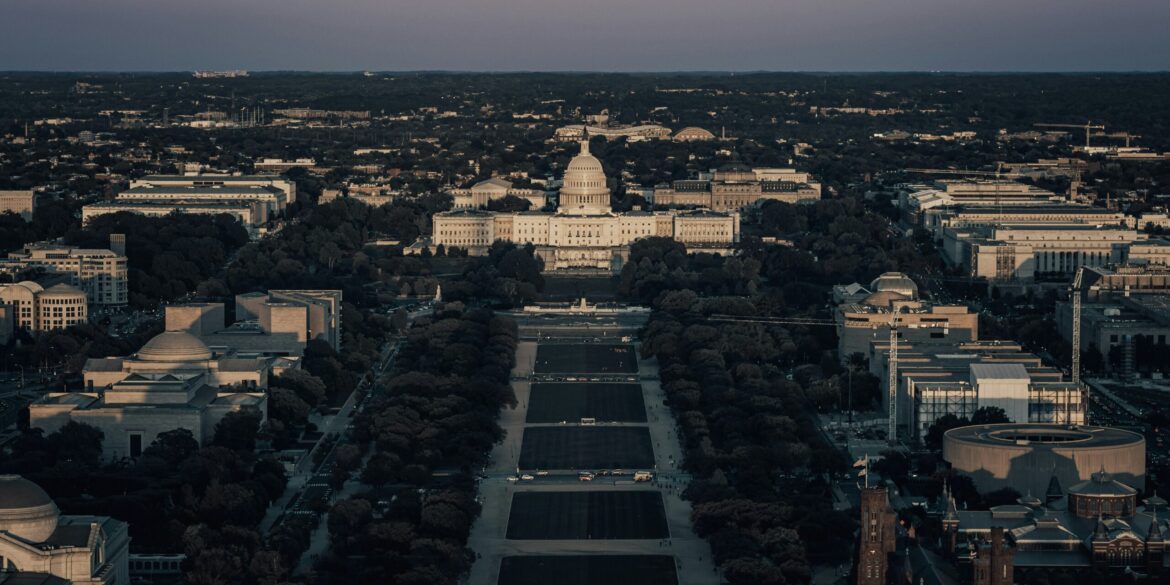The current government shutdown is a deeply polarizing event, as it often highlights the political divisions within Congress. However, beneath the surface of the debate lies a more profound and structural issue— the inherent dependence of vital public functions on the full operational capacity of federal agencies. The ongoing disruption underscores just how vulnerable critical services are when agencies are forced to halt or operate with minimal staffing, and the consequences extend far beyond the immediate inconvenience.
When we think about a government shutdown, we often focus on the immediate effects: furloughed workers, delayed paychecks, and the suspension of public services. But there is an underlying, longer-term impact that goes unnoticed by many—the erosion of institutional capacity. Agencies that are shut down or scaled back during such periods are not simply pausing their functions. They are losing critical momentum, damaging their long-term ability to respond to emerging challenges, and gradually deteriorating institutional knowledge and capability that cannot be easily restored.
The shutdown’s effects on public services go beyond simply halting operations. Take environmental data collection, for instance. The National Oceanic and Atmospheric Administration (NOAA) and Environmental Protection Agency (EPA), among other federal entities, are tasked with gathering and analyzing data on climate patterns, air and water quality, and biodiversity. These efforts require constant monitoring and real-time updates, which are not just important but necessary to inform policy decisions and protect the health of our communities. During a shutdown, these agencies are forced to scale back these operations or delay critical environmental assessments, creating gaps in knowledge that can have cascading effects in the years to come.
Read Also: https://democratdigest.com/u-s-government-shutdown-begins/
Similarly, public health monitoring—an essential function in today’s interconnected world—becomes a serious challenge when agencies like the Centers for Disease Control and Prevention (CDC) and the National Institutes of Health (NIH) are underfunded or unable to operate at full capacity. Data collection on diseases, health trends, and the efficacy of treatments cannot be put on hold. A shutdown compromises public health surveillance, delays research on urgent health issues, and creates a backlog of regulatory approvals that harm health outcomes. These setbacks don’t simply disappear once the government reopens; they compound over time, leaving the nation vulnerable in the face of future public health crises, which we have learned can evolve rapidly and without warning.
Infrastructure projects, too, grind to a halt in the absence of key permitting agencies. The Department of Transportation (DOT) and the Federal Aviation Administration (FAA) are just a few of the agencies that oversee crucial permitting, licensing, and safety functions for infrastructure development. Whether it’s approving new roads, bridges, or energy infrastructure, the suspension of these processes means delays in critical projects that can affect job creation, economic growth, and national security. The construction of renewable energy infrastructure, necessary for a sustainable future, is particularly vulnerable to these disruptions. In a country that already faces a growing infrastructure deficit, further delays only exacerbate the problem.
One of the most concerning and least visible consequences of a shutdown is the damage to scientific research. From NASA’s space exploration initiatives to the National Science Foundation (NSF) funding grants for university researchers, a government shutdown halts projects that advance knowledge, technology, and innovation. Many of these initiatives are designed to address long-term issues such as climate change, space exploration, and technological development. Cutting off this critical funding not only hampers progress but also reduces the nation’s competitive edge in an increasingly globalized and knowledge-driven world.
The impact on institutional memory during a shutdown is particularly significant. Federal employees, especially in specialized fields such as environmental science, public health, and national security, accumulate years of experience and expertise. These individuals are not easily replaced. When they are furloughed or forced to leave government work due to prolonged funding uncertainty, the loss is felt in the form of institutional degradation—a loss of continuity and experience that cannot be easily recovered. Rebuilding this institutional memory and capacity takes time and resources, and this loss weakens the government’s ability to respond quickly and effectively in times of crisis.
In this context, the need to restore full agency capacity should not merely be viewed as a response to a temporary disruption, but rather as an essential priority for the long-term functioning of the nation. In times of modern crises, whether it’s the global pandemic that revealed flaws in our public health infrastructure, the climate change challenges that demand immediate policy and action, or the infrastructure decay that hampers economic competitiveness, the need for a functioning government—one that is prepared, responsive, and proactive—is more urgent than ever.
This shutdown serves as a reminder: stable governance is not just about a short-term political resolution; it is about long-term investment in institutional capacity. Federal agencies should not be treated as expendable entities subject to the whims of temporary political debates. Their work—whether monitoring public health, conducting scientific research, or ensuring the safety and resilience of national infrastructure—is fundamental to the well-being of the public and the future success of the nation.
Rather than allowing these agencies to be dismantled or stripped of resources, we must focus on restoring and maintaining their full capacity. Agencies should be funded and supported not only to resume normal operations but also to ensure that they are resilient in the face of emerging crises. The continued shutdown should not simply be viewed as a political negotiation—it should act as a wake-up call, urging lawmakers to recognize that sustained institutional investment is the foundation for a strong, responsive government capable of facing the challenges of the future.
As Americans watch the shutdown unfold, it is essential to remember that these agencies, when fully operational, serve as the backbone of a healthy, thriving society. Restoring their capacity should be a priority, not only to navigate the present crisis but to future-proof the nation’s ability to address the challenges ahead.

